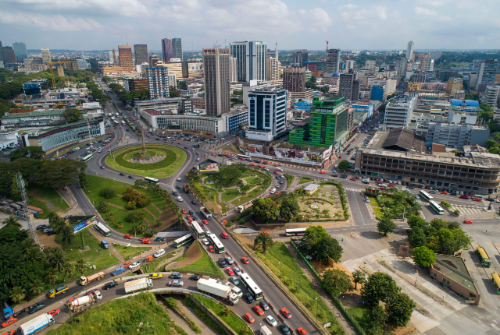Francophone Africa Sees Surge in Private Capital Activity on Reforms

TLDR
- Francophone Africa has become a growing investment destination, attracting $4.8B between 2012 and mid-2024
- Regulatory reforms, new financing structures, and a growing tech ecosystem drive this
- Senegal, Côte d’Ivoire, and the Democratic Republic of Congo account for 49% of investments
Francophone Africa has become a growing investment destination, attracting $4.8 billion in private capital across 356 deals between 2012 and mid-2024, according to the African Private Equity and Venture Capital Association (AVCA).
While smaller than Anglophone Africa’s market, investment activity has accelerated, with annual transactions nearly doubling since 2021. Regulatory reforms, new financing structures, and a growing tech ecosystem drive this. The rise of venture capital and private debt offers new funding options for startups and SMEs.
Senegal, Côte d’Ivoire, and the Democratic Republic of Congo account for 49% of investments. Venture capital, only 17% of deals from 2012 to 2020, grew to 60% between 2021 and 2024, outpacing the rest of the continent. Key investors include Janngo Capital, Joliba Capital, and Ring Africa, targeting fintech, edtech, and cleantech sectors.
Daba is Africa's leading investment platform for private and public markets. Download here
Key Takeaways
The region has also made strides in gender diversity, with women-led startups representing 16% of transactions, surpassing Africa’s 14% average. However, challenges persist. Investment remains concentrated in a few countries, while others, such as Chad and the Central African Republic, struggle to attract capital. Infrastructure projects face funding shortages and market fragmentation, limiting broader economic transformation. As Francophone Africa narrows the gap with Anglophone markets, investors will need to navigate regulatory complexities and sectoral disparities to sustain growth. The region’s trajectory suggests increasing opportunities, but success will depend on continued policy improvements and deeper capital market integration.

Next Frontier
Stay up to date on major news and events in African markets. Delivered weekly.
Pulse54
UDeep-dives into what’s old and new in Africa’s investment landscape. Delivered twice monthly.
Events
Sign up to stay informed about our regular webinars, product launches, and exhibitions.




